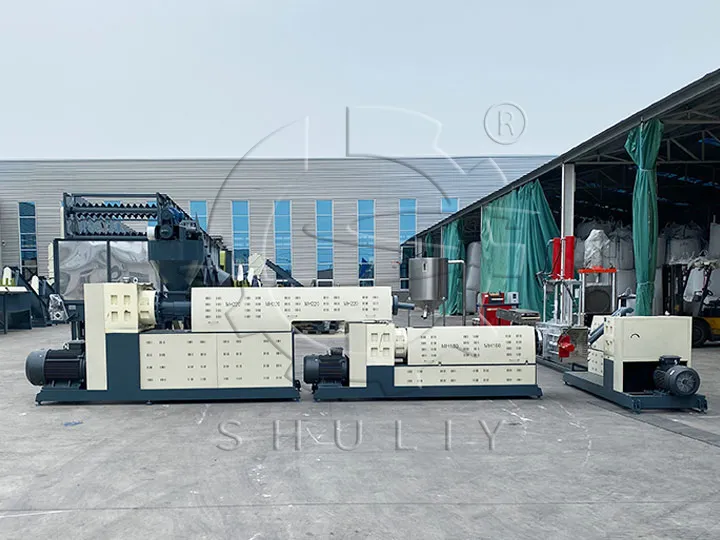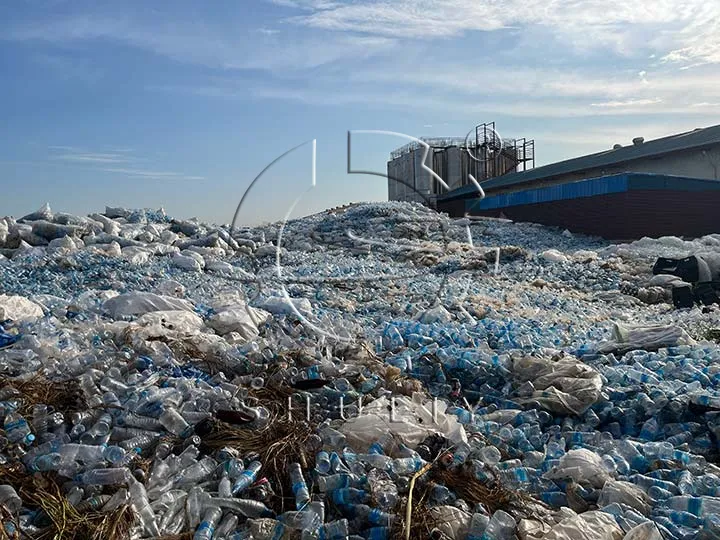Due to the widespread use of plastics and the growing problem of plastic pollution, the South African government, to promote sustainable development, has enacted plastic recycling regulations. So how exactly do we benefit from recycling plastics? This article uses recycled PP pellets South Africa as an example to explain why we need polypropylene recycling, and how to recycle pp.
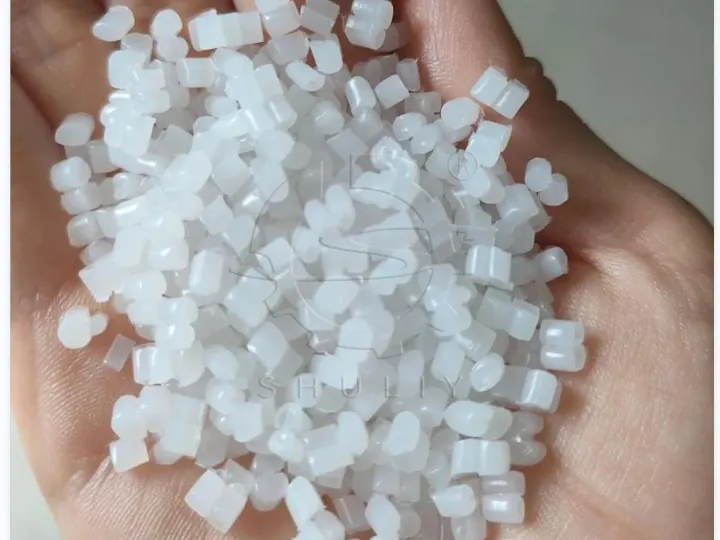
PP Plastic in South Africa
Usage and Recycling of PP Plastics
PP material, as one of the most common plastics, is widely used in packaging, construction, automotive and other fields. The amount of PP plastic is increasing year by year, but only about 11% of the waste plastic is recycled, and the amount of PP plastic that goes into the ocean and landfills is increasing, causing a certain amount of pollution.
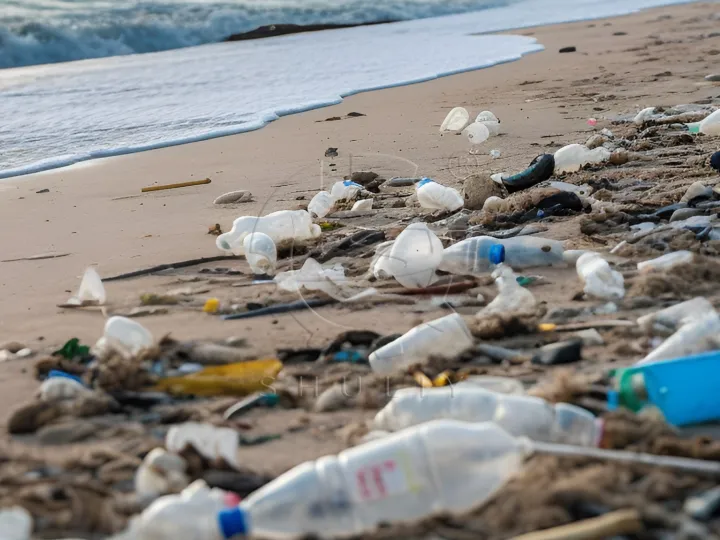
Relevant policies of the South African government
To promote sustainable development, reduce plastic pollution, and realize “waste to wealth”, the South African government has taken several measures, such as: requiring plastic garbage bags to contain 50% recycled content from 2023; signing the Climate Change Act; etc. The South African government encourages the private sector to actively participate in polypropylene plastic recycling, stating that the private sector is the key to taking responsibility for low-carbon development.
Market Outlook for Recycled PP Pellets South Africa
PP plastic recycling reduces production costs and is widely used in various fields. It also benefits the environment. With the growing demand for plastics and government encouragement, polypropylene recycling will bring great economic and environmental value.
How Exactly Do We Benefit From Recycled PP Pellets South Africa?
The Application of Recycled PP Granules
Recycled PP pellets can be used in the manufacture of new plastic products for a wide range of applications, including but not limited to the following industries:
- Manufacture of household goods: plastic bags, plastic buckets, toys, furniture, etc;
- Apparel industry: recycled PP pellets can be used to make buttons, zipper heads, non-woven protective clothing, etc;
- Construction materials: plastic windows and doors, drainage pipes, lightweight floor tiles, etc.
- Agriculture: recycled polypropylene granules can be used to make agricultural film, garbage bags, cement bags, agricultural tools, machines, etc.
- Mechanical field: machine parts, machine bearings, gears, etc.
- Chemical industry: pipes, tanks, pumps, etc.
- Food field: processed food grade PP plastic can be manufactured lunch boxes, plastic bags, plastic wrap, etc.
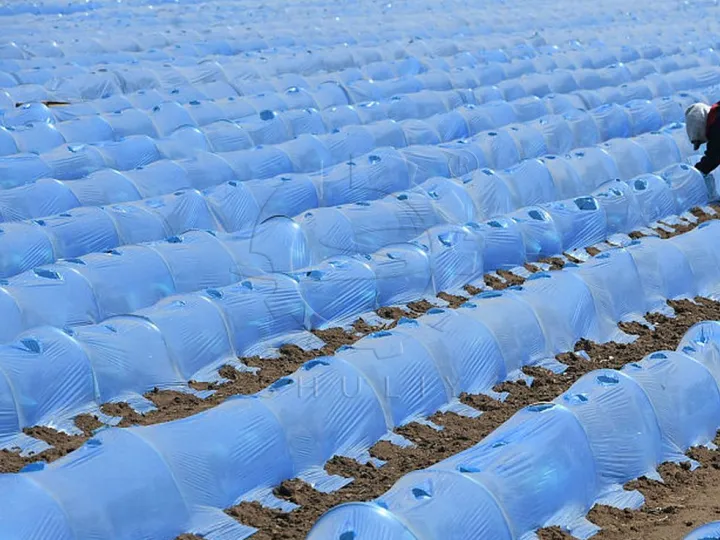
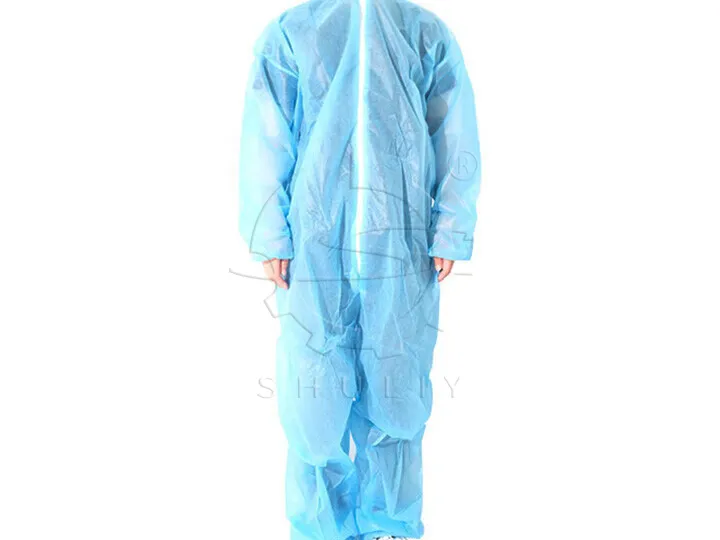
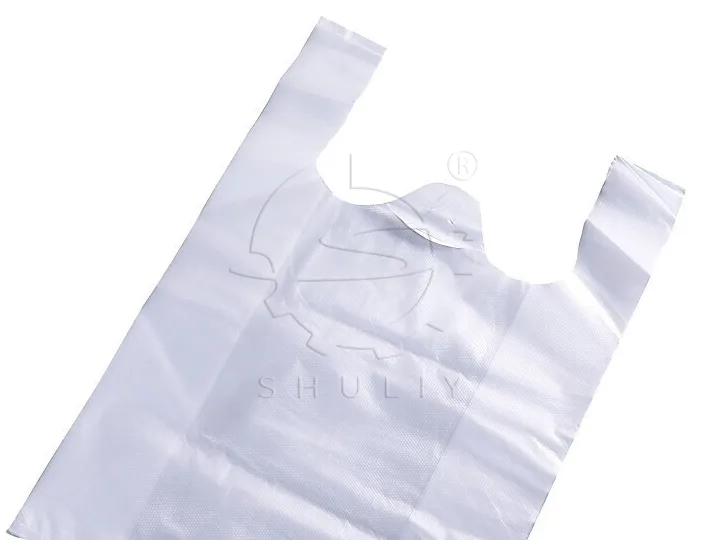
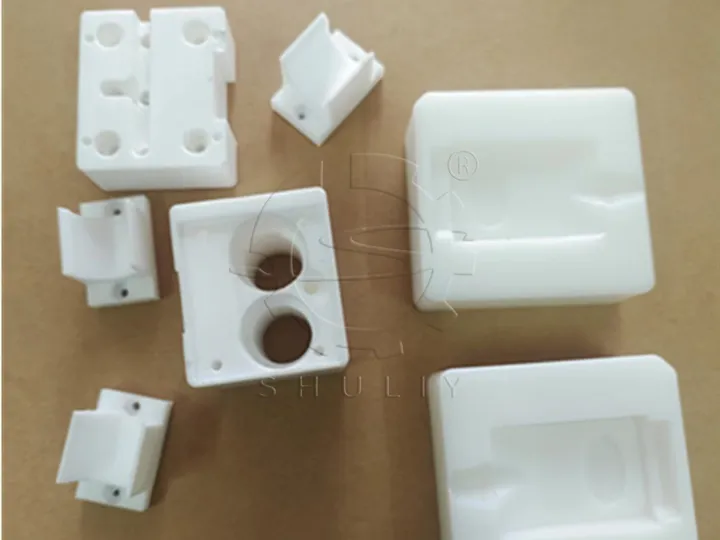
Economic Value of Recycled PP
Recycled PP material can be widely used in the above-mentioned fields to help reduce the production cost of related products. At the same time, as a substitute, it can reduce the dependence on petrochemical raw materials and provide a stable supply when raw material prices fluctuate.
Environmental Value of Recycled PP Plastic
Recycled PP pellets can reduce the amount of plastic that ends up in landfills and oceans, reduce the over-exploitation of non-renewable resources such as oil, and protect the environment.Recycling PP plastic also contributes to the promotion of a low-carbon lifestyle and sustainable development in South Africa and other countries around the world.
Social Value of PP Plastic Recycling
As advocates and practitioners of PP recycling, private companies can not only reap economic benefits, but also enhance their green image and demonstrate social responsibility. At the same time, they can comply with South African government policy and avoid fine.
How To Produce Recycled PP Pellets South Africa
Recycled PP plastic pellets are manufactured by crushing, washing, pelletizing and drying.
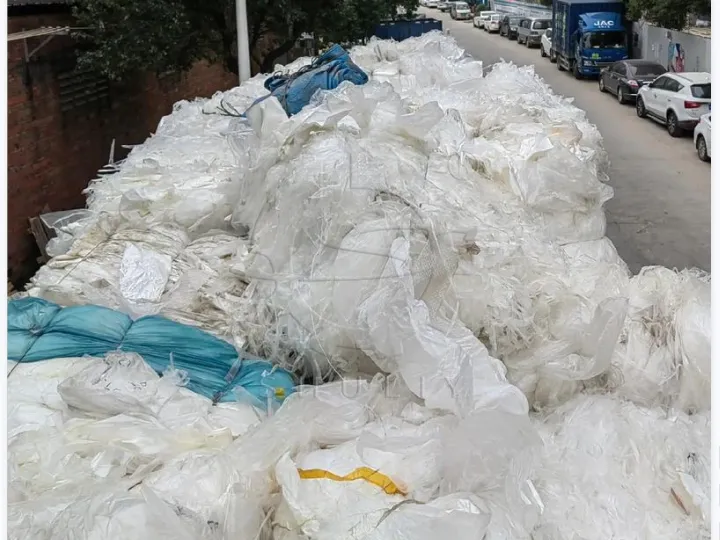
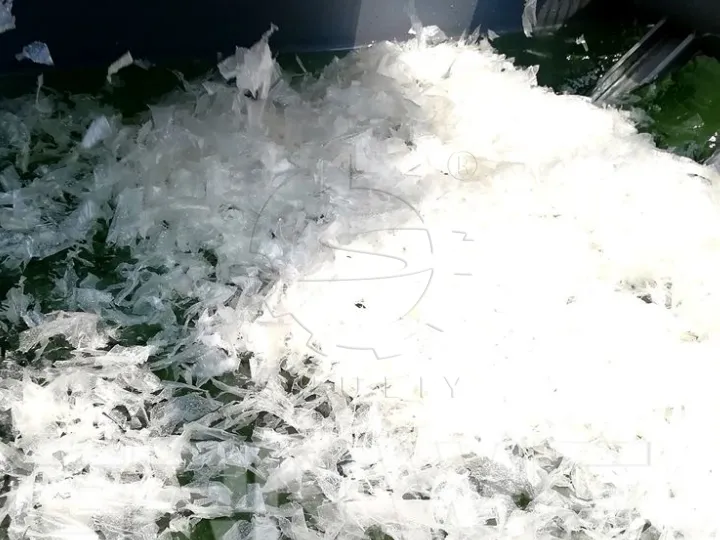
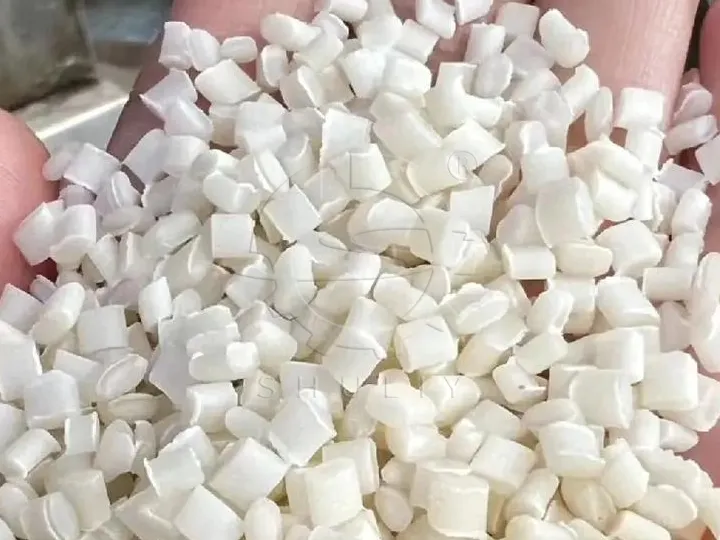
- Use plastic crusher to crush the large PP into uniform small pieces.
- The crushed PP plastic pieces are cleaned by a plastic washing machine to remove dirt and impurities and to improve the purity of the plastic.
- Use plastic pelletizer to melt and extrude the waste plastic, cool and plasticize it through cold water tank, and then pelletize it.
- Dehydrate and dry the produced plastic granules for easy storage, transportation and processing.
Conclusion
Recycling waste plastics into recycled plastic pellets in South Africa has economic and environmental benefits, and current market conditions in South Africa make it a good time to invest in plastic recycling. If you are interested, please get in touch with us!

